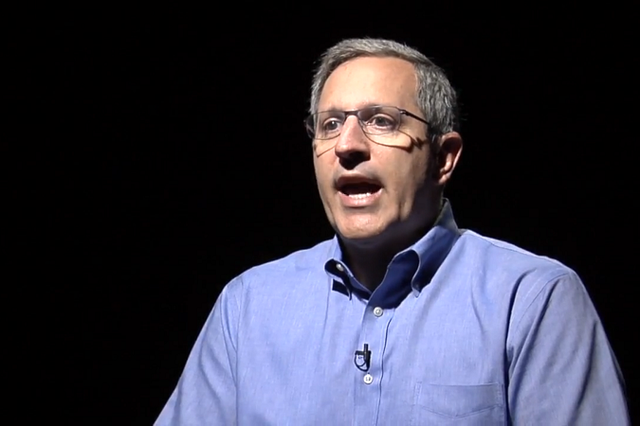After realizing the agency hadn’t released the document and 1,600 other historical documents of interest that had been cleared for release when he worked in CIA’s Historical Collections Division, Scudder submitted a FOIA request to the CIA to get the documents released. Even though the CIA did release some of the documents, it nevertheless had the FBI investigate Scudder and conducted its own investigation. Last summer, the CIA pushed him into early retirement from the Agency.
“I submitted a FOIA and it basically destroyed my entire career,” the Washington Post quotes Scudder.
Either the CIA felt the need to prevent Americans from learning it used to watch TV to learn about the CIA’s top spying target, or it had to punish Scudder for using a legal tool to bring that to the public. Whichever it is, however, it’s just the latest example of the kinds of persecution the government subjects employees to for bringing transparency to U.S. intelligence agencies.
First it was leaks to journalists, then it was publication under one’s own name, then pre-clearing conversations about unclassified material, and now FOIAs!
I will cover that kind of targeting of truth tellers – and the flip side harassment of journalists – in this space. The government, often aided by corporate interests, would like to throw things like its historical TV-watching and its torture down the memory hole. And to do so, it increasingly shuts down the legal avenues designed to shine a light on government.



